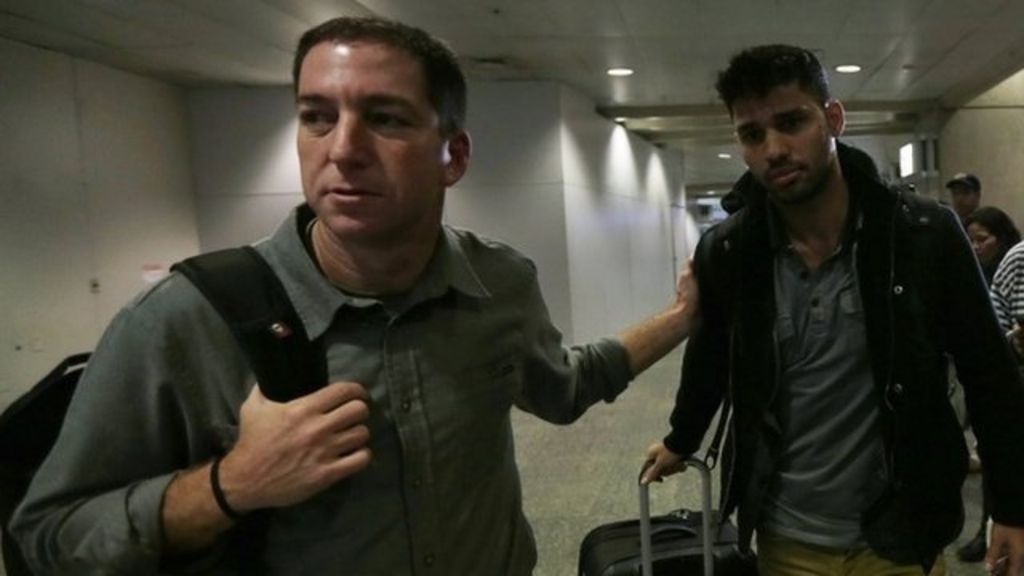On Sunday David Miranda, the Brazilian partner of Guardian journalist Glenn Greenwald who has written stories about revealing mass surveillance programmes by the US Government, was held at Heathrow Airport under the UK Terrorism Act. He was released without charge after nine hours.
Glenn Greenwald told the BBC: “They never asked him about a single question at all about terrorism or anything relating to a terrorist organisation. They spent the entire day asking about the reporting I was doing and other Guardian journalists were doing on the NSA stories.”
Schedule 7 of the Terrorism Act 2000 allows the police to detain anyone at the UK’s borders without any requirement to show probable cause and hold them for up to nine hours, without seeking further justification.
Schedule 7 has a become a blunt legal instrument that the UK government can use to intimidate people who it doesn’t agree with. Clearly it is time for the Government to review how it uses Schedule 7.
"If you have you haven't done anything wrong, then you have nothing to fear" is a cry heard here from time to time by those who seek to support measures such a Section 7. I think that David Miranda's experience shows that this is just too simple a world-view.
There is now an e-petitiion to Theresa May inviting her to undertake a review of how Section 7 is being used. If you would like to sign it, please visit :
Thank you :biggrin:
Glenn Greenwald told the BBC: “They never asked him about a single question at all about terrorism or anything relating to a terrorist organisation. They spent the entire day asking about the reporting I was doing and other Guardian journalists were doing on the NSA stories.”
Schedule 7 of the Terrorism Act 2000 allows the police to detain anyone at the UK’s borders without any requirement to show probable cause and hold them for up to nine hours, without seeking further justification.
Schedule 7 has a become a blunt legal instrument that the UK government can use to intimidate people who it doesn’t agree with. Clearly it is time for the Government to review how it uses Schedule 7.
"If you have you haven't done anything wrong, then you have nothing to fear" is a cry heard here from time to time by those who seek to support measures such a Section 7. I think that David Miranda's experience shows that this is just too simple a world-view.
There is now an e-petitiion to Theresa May inviting her to undertake a review of how Section 7 is being used. If you would like to sign it, please visit :
Thank you :biggrin:




Comment